
Who was Abraham Maslow?
Abraham Maslow was one of the most influential psychologists of the 20th century, leaving an indelible mark on the field of psychology and shaping our understanding of human motivation, potential, and well-being. His groundbreaking theories, particularly the Hierarchy of Needs and the concept of self-actualization, have had a profound and lasting impact far beyond the realm of psychology. Maslow’s work played a pivotal role in the development of humanistic psychology, which emerged as a critical “third force” alongside behaviorism and psychoanalysis. His ideas continue to resonate and inspire, offering valuable insights for navigating the challenges and possibilities of the 21st century.
Maslow’s Humanistic Vision: A Paradigm Shift in Psychology
Maslow’s humanistic approach represented a radical departure from the dominant psychological paradigms of his time. While behaviorism focused on observable behavior and psychoanalysis delved into unconscious drives, Maslow turned his attention to the positive, growth-oriented dimensions of human experience. He emphasized the innate human drive towards self-actualization – the realization of one’s full potential. This shift in perspective had profound implications, not only for psychology but for our broader understanding of human nature and potential.
Maslow’s humanistic vision challenged the deterministic and reductionistic views prevalent in mid-20th century psychology. He argued that humans were not merely products of their environment or driven by unconscious impulses, but rather were actively striving towards growth, meaning, and fulfillment. This perspective emphasized free will, personal agency, and the human capacity for self-direction. It painted a more optimistic picture of human nature, suggesting that given the right conditions, individuals could achieve extraordinary levels of psychological health and well-being.
The legacy of this humanistic paradigm shift cannot be overstated. It opened up new avenues for psychological research and practice, focusing attention on the study of healthy, high-functioning individuals rather than solely on pathology. It also had far-reaching implications beyond psychology, influencing fields such as education, management, and personal development. Maslow’s ideas about human potential and the importance of a supportive environment for growth have shaped educational philosophies, management practices, and self-help approaches. His emphasis on self-actualization and peak experiences has inspired countless individuals to pursue personal growth and meaning in their lives.
The Hierarchy of Needs: An Enduring Framework for Understanding Motivation
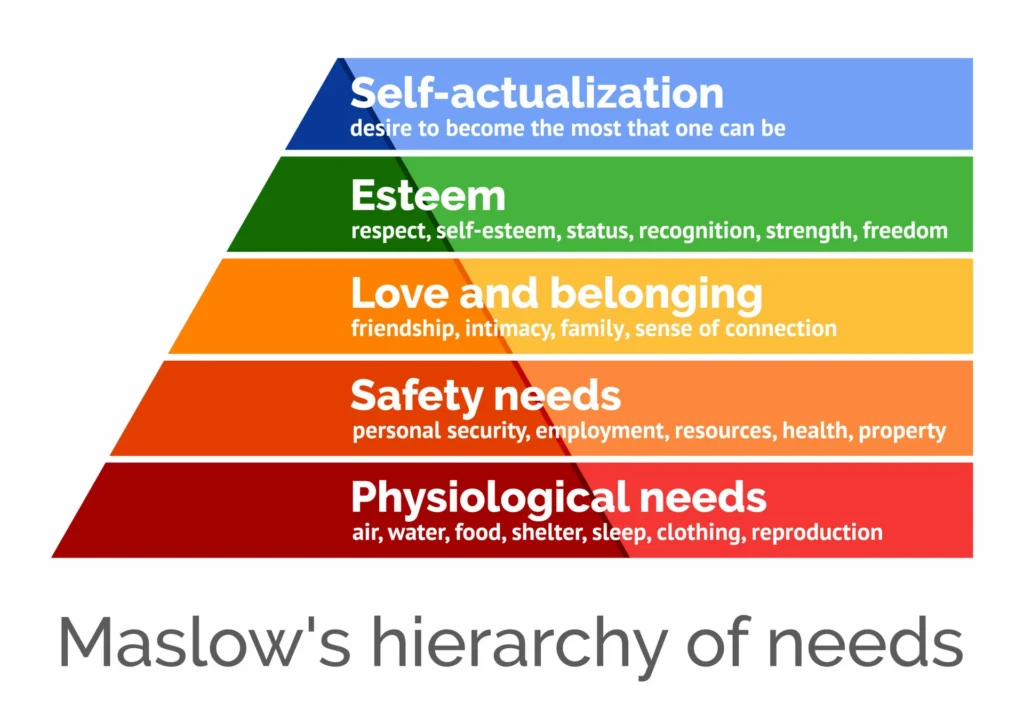
Maslow’s most famous contribution, the Hierarchy of Needs, remains one of the most widely recognized and influential theories in psychology. This model, typically represented as a pyramid, posits that human needs are arranged in a hierarchical order, from basic physiological needs to higher-level needs for love, esteem, and self-actualization. Maslow argued that lower-level needs must be substantially satisfied before higher-level needs become salient motivators.
The elegance and intuitiveness of the Hierarchy of Needs have contributed to its enduring appeal. It offers a comprehensible framework for understanding the complexities of human motivation, suggesting that our behaviors and strivings are driven by the desire to satisfy increasingly higher-level needs. This insight has found practical applications in diverse fields, from clinical psychology to marketing to organizational management.
While the strict hierarchical structure of the model has been critiqued and modified over the years, the core idea that humans have a spectrum of needs that shape their motivation has stood the test of time. Contemporary research has provided empirical support for the existence of these needs categories across cultures, even if their ordering may vary. The Hierarchy of Needs continues to serve as a valuable starting point for exploring the intricacies of human motivation and for designing environments and systems that can effectively meet those needs.
Self-Actualization and Peak Experiences: The Heights of Human Potential
Maslow’s concepts of self-actualization and peak experiences have had a lasting impact on our understanding of psychological well-being and optimal human functioning. Self-actualization, situated at the top of the hierarchy of needs, refers to the realization of one’s full potential – the becoming of everything that one is capable of becoming. Maslow studied exemplary individuals to identify the characteristics of self-actualizers, such as creativity, spontaneity, problem-centering, and a strong ethical framework.
The concept of self-actualization has been influential in shaping contemporary theories of psychological well-being and positive psychology. It has shifted focus from the mere absence of illness to the presence of optimal functioning and growth. Maslow’s description of the characteristics of self-actualizers has inspired research into the factors that contribute to human flourishing and has informed practices in areas such as counseling, education, and personal development.
Closely related to self-actualization is Maslow’s notion of peak experiences – profound moments of love, understanding, happiness, or rapture, during which a person feels more whole, alive, self-sufficient, and yet a part of the world. Maslow recognized that peak experiences were not the exclusive domain of the self-actualized but could be experienced by many people in various contexts. This democratization of transcendence has had significant implications, suggesting that these profound states of consciousness are potentially accessible to all.
The legacy of Maslow’s work on self-actualization and peak experiences is evident in the thriving field of positive psychology, which focuses on the scientific study of what enables individuals and communities to thrive. While positive psychology has its roots in humanistic psychology, it has taken Maslow’s ideas forward, developing rigorous empirical methods to investigate topics such as happiness, resilience, personal strengths, and flow experiences. Maslow’s vision of studying and promoting the best in human nature continues to guide and inspire this field.
Maslow’s Influence Beyond Psychology: From Management to Social Change
While Maslow is best known for his contributions to psychology, his ideas have had a significant impact in many other domains. In the field of management and organizational psychology, Maslow’s theories have been influential in shaping approaches to motivation, leadership, and workplace culture. His Hierarchy of Needs has been used as a framework for understanding employee motivation and for designing workplaces that can satisfy higher-level needs such as esteem and self-actualization. The concept of self-actualization has informed theories of transformational leadership, which emphasize the role of leaders in helping followers to reach their full potential.
In education, Maslow’s emphasis on creating conditions for growth and self-actualization has influenced learner-centered pedagogies and holistic approaches to education. His ideas have been applied in designing educational environments that foster not just cognitive development but also emotional, social, and creative growth. Maslow’s humanistic perspective has also informed approaches to adult education and lifelong learning, which recognize the ongoing potential for personal development throughout the lifespan.
Beyond these specific fields, Maslow’s ideas have had a broader cultural impact, shaping discourses and practices related to personal growth, self-improvement, and the human potential movement. His theories have been popularized through numerous self-help books, workshops, and programs, which have disseminated his ideas to a wide audience. While some of these applications have been criticized for oversimplifying or misrepresenting Maslow’s original theories, they nonetheless testify to the enduring appeal and relevance of his ideas.
Perhaps most significantly, Maslow’s work has important implications for social change and the betterment of the human condition. By highlighting the importance of satisfying basic needs as a foundation for higher-level growth, Maslow’s theory offers a framework for addressing societal inequalities and promoting human welfare. It suggests that creating conditions that allow all individuals to meet their fundamental needs is not just a matter of social justice but also a prerequisite for unleashing human potential on a broad scale.
Moreover, Maslow’s later work on self-transcendence and the farther reaches of human nature provides a compelling vision for social transformation. He argued that self-actualized individuals often move beyond a focus on personal growth to a concern for the growth and actualization of others and of humanity as a whole. This perspective highlights the interconnectedness of personal and social well-being and suggests that the highest expression of human potential involves transcending the self in service of a greater good. In this sense, Maslow’s legacy is not just about individual flourishing but about the possibility of creating a more enlightened, compassionate, and fulfilling society for all.
Maslow in the 21st Century: Enduring Relevance and New Frontiers
As we navigate the complexities of the 21st century, Maslow’s ideas continue to offer valuable insights and guidance. In an era characterized by rapid technological change, environmental crises, and social upheaval, Maslow’s humanistic vision reminds us of the fundamental needs and potentials of the human spirit. His theories provide a framework for understanding how we can create conditions – in our personal lives, our institutions, and our societies – that enable individuals to thrive and reach their highest potential.
At the same time, Maslow’s work is not a static monument but a living legacy that continues to evolve and find new applications. Contemporary research in fields such as neuroscience, developmental psychology, and cross-cultural psychology is shedding new light on Maslow’s ideas and suggesting new avenues for exploration. For example, neuroscientific studies are investigating the neural correlates of peak experiences and self-transcendence, providing insight into the biological underpinnings of these profound states of consciousness.
In the realm of developmental psychology, researchers are exploring how Maslow’s hierarchy of needs might apply across the lifespan, from infancy to old age. This work suggests that the expression and satisfaction of needs may take different forms at different life stages, and that there may be ongoing opportunities for growth and self-actualization throughout life.
Cross-cultural research is also expanding and refining Maslow’s ideas, investigating how the hierarchy of needs and the concept of self-actualization might be understood and experienced in diverse cultural contexts. While some aspects of Maslow’s theories have been critiqued as reflecting a Western, individualistic bias, there is also evidence that many of the core needs he identified have universal relevance. This cross-cultural exploration is crucial for developing a more inclusive and globally applicable understanding of human motivation and well-being.
Looking forward, Maslow’s legacy is likely to continue to shape psychology and related fields in significant ways. His emphasis on studying the best in human nature, his recognition of the potential for self-transcendence, and his vision of psychology as a tool for promoting human welfare all remain vital guideposts. As we grapple with the challenges of an increasingly complex and interconnected world, Maslow’s humanistic perspective offers a reminder of our shared humanity and our collective potential for growth, creativity, and compassion.
Abraham Maslow’s legacy extends far beyond his seminal contributions to the field of psychology. His humanistic vision, encapsulated in theories such as the Hierarchy of Needs and the concept of self-actualization, has had a profound and enduring impact on our understanding of human motivation, potential, and well-being. Maslow’s ideas have shaped research and practice in fields as diverse as education, management, and personal development, and have influenced cultural discourses on personal growth and human flourishing.
As we move further into the 21st century, Maslow’s work continues to offer valuable insights and inspiration. His emphasis on the positive aspects of human nature, his recognition of the potential for self-transcendence, and his vision of psychology as a means for promoting human welfare are all deeply relevant to the challenges and opportunities of our time. While Maslow’s theories have evolved and been refined over the years, the core of his humanistic perspective – with its affirmation of human dignity, potential, and interconnectedness – remains a vital guidepost.
Ultimately, Maslow’s enduring legacy is a testament to the power of a bold, optimistic, and holistic vision of human nature. By daring to look beyond pathology to the heights of human potential, Maslow opened up new horizons for psychological understanding and human possibility. As we continue to build on his work, integrating new insights from fields such as neuroscience, developmental psychology, and cross-cultural studies, we honor Maslow’s spirit of curiosity, creativity, and commitment to human growth and fulfillment. In this way, Maslow’s legacy is not just a historical landmark but a living invitation to explore and nurture the best in ourselves and in each other – an invitation that remains as urgent and inspiring today as it was a half-century ago.
Influential Psychologists

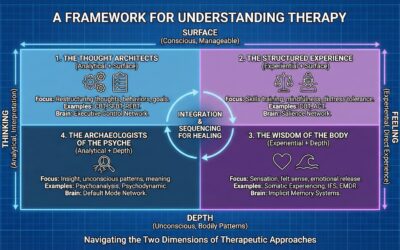

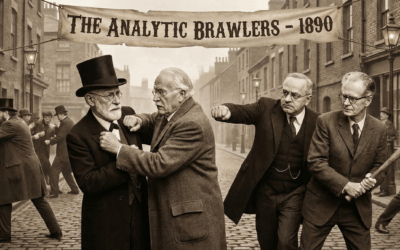
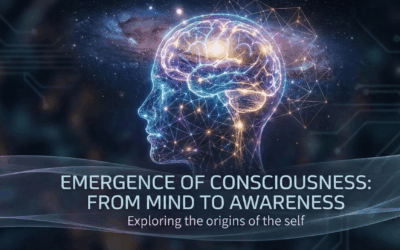


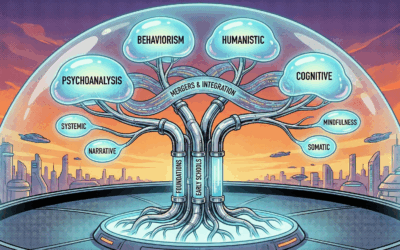
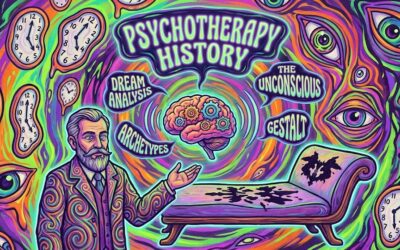
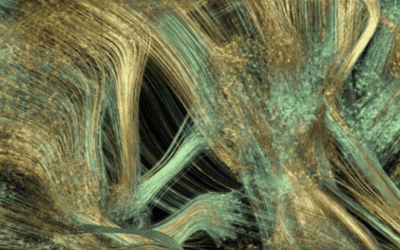





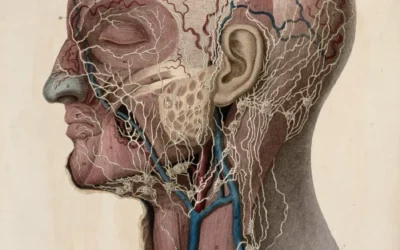








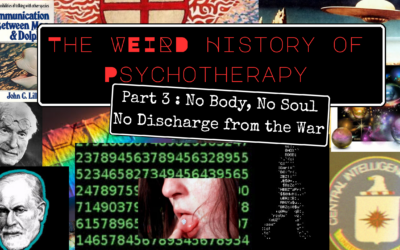
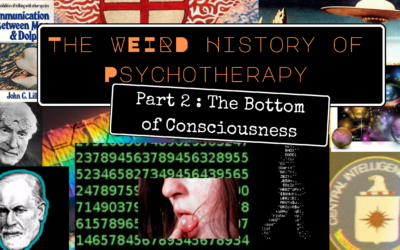
0 Comments